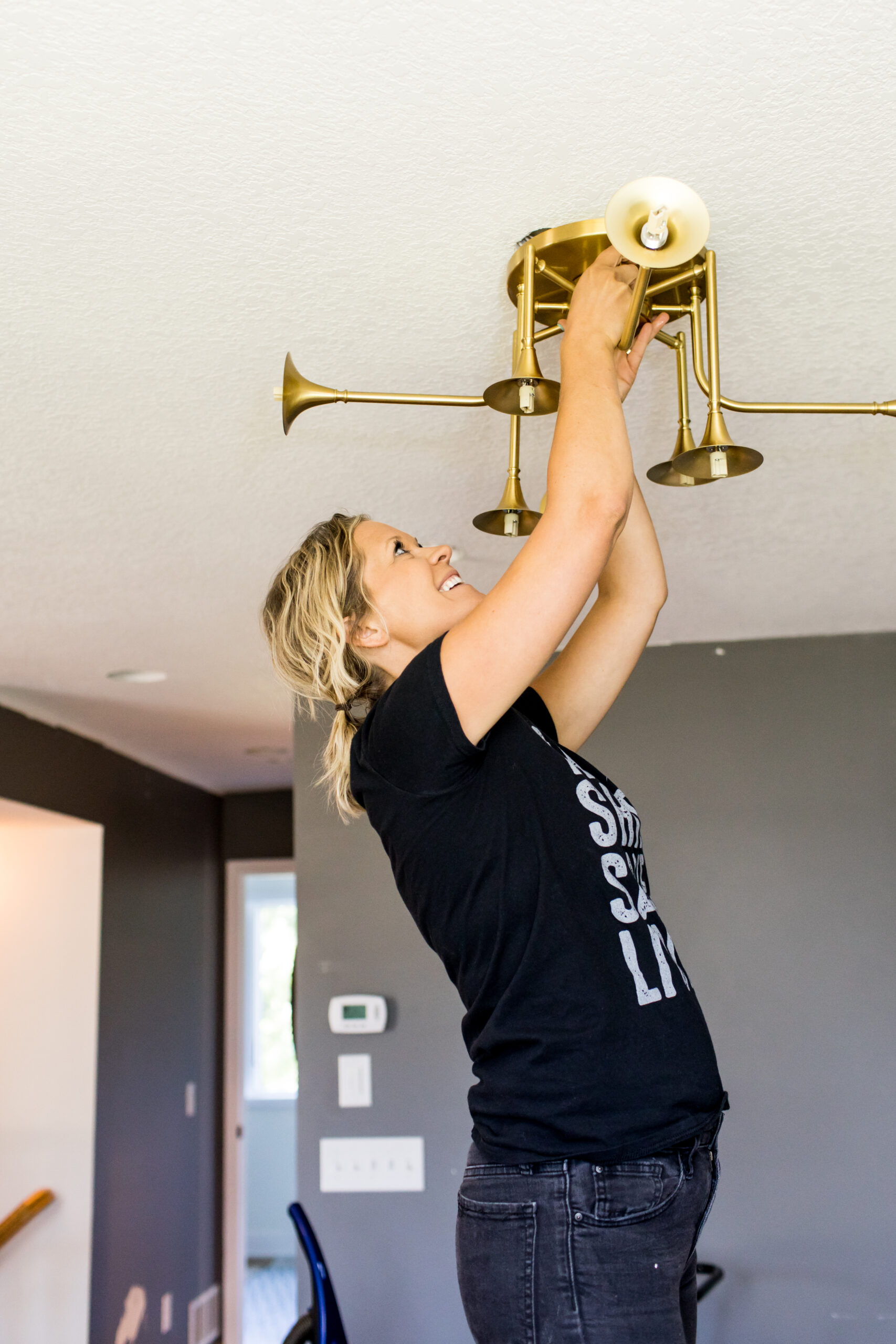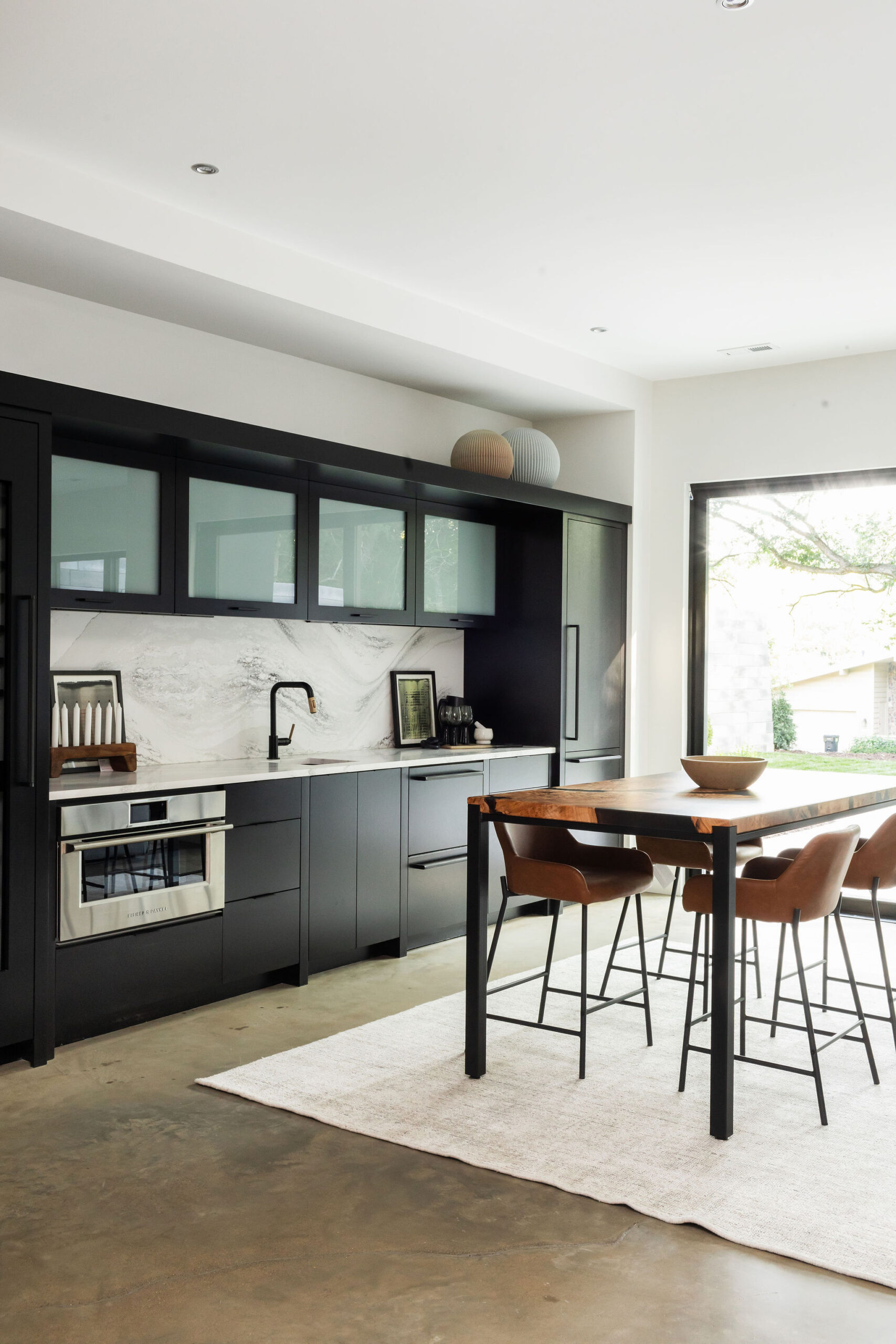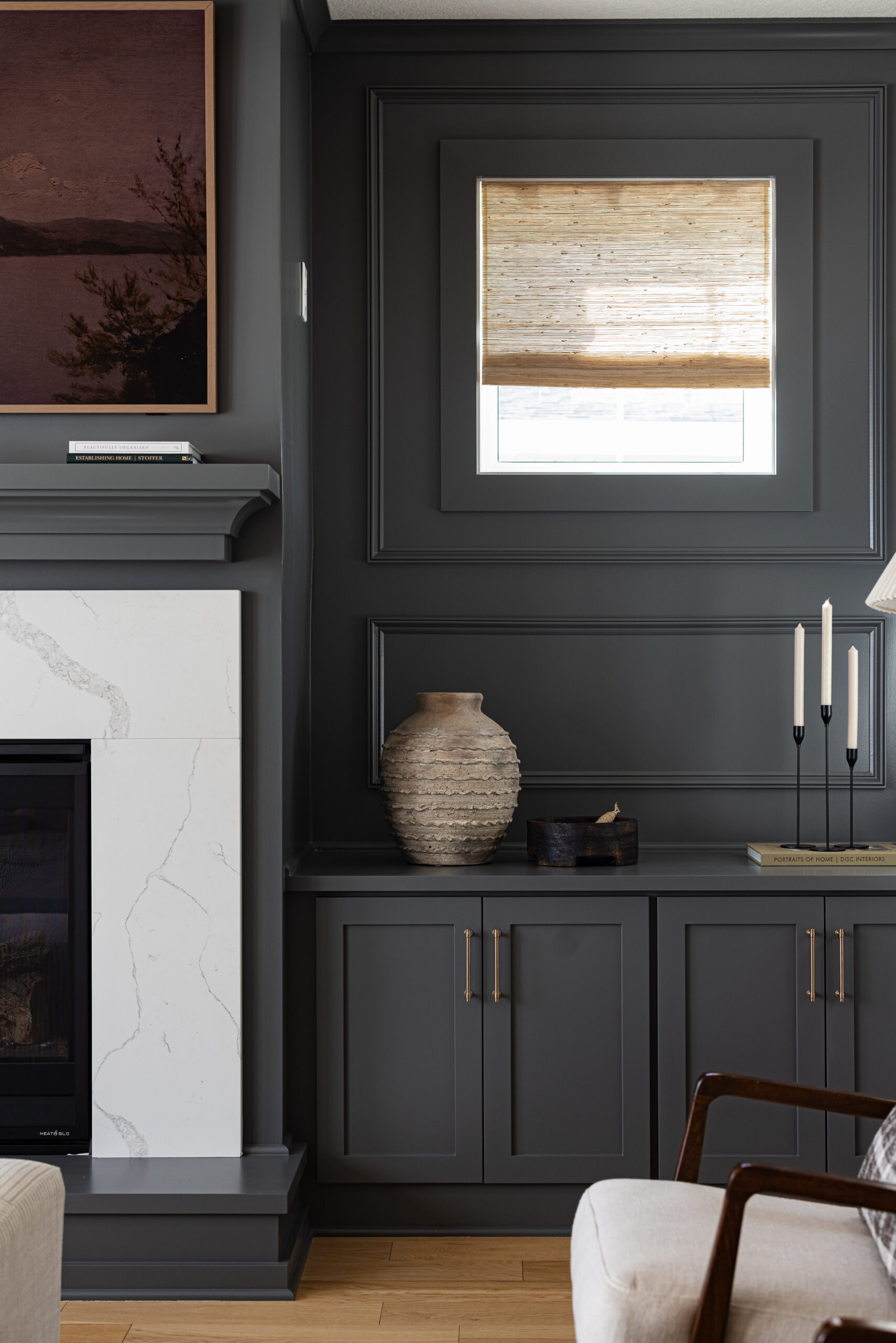
Hey guys, Topher here!
From starting at c2s as a laborer, working 10 hours a week, basically trying to stay out of Jamie’s way to now running jobs and being able to go from start to finish with little outside help has been an incredible journey here at c2s. One that I never thought I would be on. I started school as a pre-med student; I wanted to be a psychiatrist and work in a prison. I ended up finishing with a bachelors degree in psychology, and here I am today working in the construction field.
Not to say that my college years weren’t time well spent, but if I were to go back and do it again, I would definitely pursue some sort of construction management degree. I’ve been fortunate enough to work with such an amazing company that I feel like I did go back to school and earn that degree.
I’m in a position where I get to learn so much about construction every day, and I have the best teachers out there. Not only do I get to learn from Jamie, but I learn from Morgan and Jordan as well. I’ve also loved getting to know our sub-contractors. They let me watch and ask as many questions as I can come up with. Here’s what I would say my five big takeaways as a project manager have been over the past three years of learning.
Communicate
Failure to communicate expectations is the leading cause of conflict. My wife and I live and die by this. I think this is applicable in all facets of life. Communication is so very key and necessary to run a good job.
First and foremost, you need to communicate with your clients. They need to know what is going on. You may have run 500 jobs in your life, but this is the only one that matters to them, and it may be their first project ever, so they have no idea what to expect. Communicating with the client can be such an easy thing to do as well. Just like you communicate with co-workers, the client should almost be in that same ring of people that you let know what is going on.
I typically get phone numbers as well as emails before the project starts so that I can communicate with them easily. I am in constant contact throughout the project. Most days it’s just letting them know who will be at their house and when they will be there. Other times its talking through pricing and making change orders. The most satisfying thing for me at the end of the project is the client telling our team that our communication was great, and they felt in the loop the entire project. This keeps them happy but also creates an open environment where they can share with you if they are unhappy with how something looks or a little change is needed.
Communicating with your team is also essential for success. Here at c2s, we have a group chat that we can all communicate in, and it’s been the best thing ever. We can give each other reminders or ask for information that others may have. Aside from this I probably call Jamie 10 times a day to confirm or run things by him. I would much rather over communicate than under communicate.
Timeliness
In college, you quickly learn that no one will hold you accountable to go to class, and certainly no one that will hold you accountable to get there on time. You all of a sudden are responsible for making these things happen. If you don’t, there are consequences. The same applies in the real world and specifically in construction. This also goes beyond showing up on time. Although it is important that you do this, timeliness in the construction field expands much more than showing up on time. Let’s first talk about showing up on time.
Each night before I shut down my computer and phone, I make sure I cover all my bases. Where am I going to be, and when will I be there. I will then communicate with the people being affected. If I’m going to be at someone’s house to start work at 8:00 am then they will surely know about it the night before, so they are not thrown off guard. Often people have pets or young kids that they are tending to first thing in the morning.
The last thing they need is for you to show up unexpected or to wake their kids up before you’re supposed to get there. Or come to find out that you show up three hours later than you said you were. Showing up when you say you are or when you are expected to creates routine and also creates trust with the client. Timeliness also expands to getting things done. You will most likely have created a schedule for the client, stating when things will approximately happen.
Staying on schedule and having things done on time is also a big part in customer satisfaction as well as building trust. If things aren’t going to be done when you said they were, refer to learning point number 1: communicate. Communicate with the client that it won’t be done.
Cleanliness
Make sure you shower, so you smell and look good every day. Psych. You probably should, but that’s not what I’m referring to here. Keep your job site clean. A cluttered space leads to a cluttered mind. The last thing you do before you leave every day should be cleaning. Even if it’s just sweeping the floor. Yes, most people realize that their house is a temporary war zone and probably expect some dirtiness but behind being a good communicator, the second best compliment at the end of a project is that the space/house stayed much cleaner than expected.
This also goes beyond the workspace. Often we cut material such as 2×4 or drywall outside. Sometimes it’s on the driveway, sometimes in the garage. These spaces may not seem like a big deal to keep clean, given they are outside and full of outside debris, but the client will most definitely notice. I take the motto of leaving no trace. After I am cutting outside I will always sweep up my crumbs and use a leaf blower to blow any excess into the street.
Honesty
Sometimes this can be the hardest thing to do because it involves humbling yourself as well as knocking down your pride a few notches. Whether it pertains to your work directly or something you said, honesty is key. Admitting you were wrong or being open and honest with a client can get you a long way.
But its not always easy to do. If you totally botch something or maybe forget to order something, often my first instinct is to come up with a legitimate excuse as to why it is the way it is. I’ve found that there is a lot of freedom in ownership and honesty. The customer will often value your vulnerability and empathize with you rather than ripping on you. Not that you won’t have to fix it, but people tend to have more grace when someone is open and honest about their mistake.
Hard Work
Not everything in construction is manual labor oriented. Although this definitely applies to that, it stretches so much further than that. For me, working hard in my job is working hard at being efficient or working hard at being progressive. It’s thinking of new ways to do things or better ways to do them. It’s making sure that I am on top of communicating with all of our clients.
This also means that if I don’t have an answer, I’m working hard to find an answer, whether that is calling resources or looking online to learn more. It can be easy to get complacent, especially when you get comfortable in the role you play. That is part of the reason I have loved working for construction2style. No two days are the same. I wake up and do something different or a different variation every day.
We as a team also wear a lot of different hats and get to learn so much about other aspects of the trade (especially Instagram Stories). All this wouldn’t be possible if we all didn’t have a hard-working mindset about all that we do. A little hard work and due diligence will get you a long way in this field.






